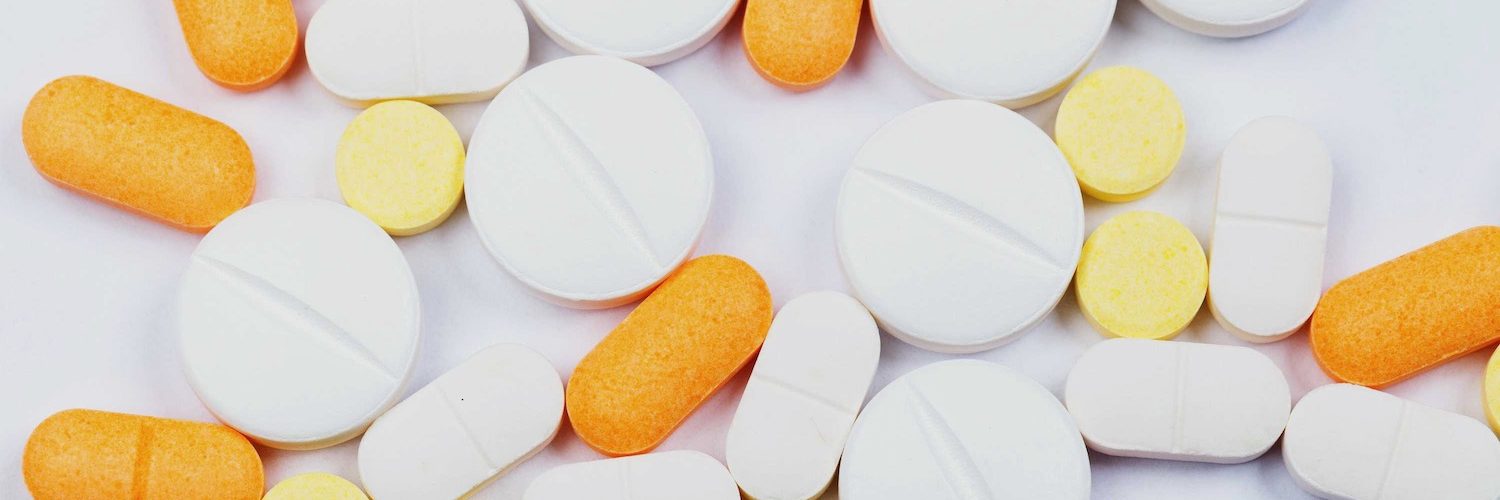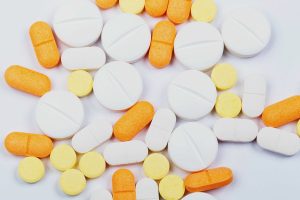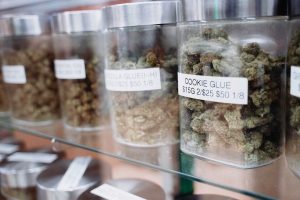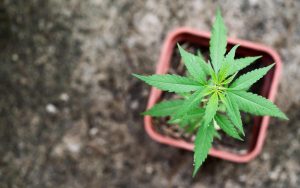Ecstasy and Depression
- Fact-checked by Dr. Desiree Granados

MDMA (3,4-methylenedioxymethamphetamine), also known as ecstasy or molly, is probably best known as a recreational drug. However, recent studies have shown that ecstasy might also be effective in treating mental health disorders like depression, generally with the close oversight of a psychiatrist or psychotherapist. Researchers believe that the euphoric effects of ecstasy help lift patients’ moods and empower people with depression to feel more positive and social. While further research is needed, this could be an exciting new development in the treatment of depression.
What is Ecstasy?
Ecstasy is a drug that is often taken to produce euphoria and increase one’s energy. It also produces feelings of intimacy and empathy. Ecstasy is a stimulant and a hallucinogen.
The effects of ecstasy on the body include an increased heart rate and blood pressure, dilated pupils, and a dry mouth. Ecstasy can also prompt anxiety, paranoia, and depression.
What is Depression and What are its Symptoms?
Depression is a mental health disorder that can induce a wide range of symptoms. They vary depending on the person and can range from feeling sad or down to having suicidal thoughts.
Some common symptoms of depression include changes in appetite or weight, insomnia or excessive sleeping, fatigue, feelings of worthlessness or guilt, difficulty concentrating, and recurrent thoughts of death or suicide.
How Do Ecstasy and Depression Interact with Each Other?
There is some evidence that suggests that there may be a link between ecstasy and depression. Some people who take ecstasy may be more likely to experience depression, and people who are already depressed may be more likely to abuse ecstasy.
Ecstasy can cause changes in mood and can severely affect someone’s mental health. It can amplify the symptoms of depression, and it can also cause hallucinations, paranoia, and delusions.
At the same time, researchers are currently studying ecstasy as a potential treatment for depression and other mental health disorders. They have not yet reached a consensus, but initial results indicate that MDMA may offer some medical benefits.
What are some of the Risks Associated with Using Ecstasy if You’re Depressed?
When ecstasy is used in combination with depression, some of the risks include:
- Increased risk of suicidal thoughts and behaviors
- Increased risk of anxiety and panic attacks
- Increased risk of heart problems
- Increased risk of seizures
- Severe hyperthermia
- Serotonin Syndrome or neurotoxicity
- Water Intoxication
- Death
Ecstasy is a party drug used by many to enhance social experiences at night clubs and rave parties, but its effects are often unpredictable, even in people who use it frequently.
Recreational use of ecstasy is not advisable if you are experiencing symptoms of depression because it may worsen them and potential create a medical crisis.
How Can Ecstasy Help Treat Depression?
There is some evidence that suggests that ecstasy can help treat depression. MDMA, the main ingredient in ecstasy, is believed to increase the levels of serotonin in the brain. Serotonin is the neurotransmitter that regulates mood, and low levels of serotonin are often associated with depression.
MDMA also seems to stimulate the release of oxytocin, which is sometimes called the “cuddle hormone” because it is associated with feelings of happiness and bonding. Oxytocin helps improve mood by reducing stress and anxiety.
Additionally, MDMA increases the release of dopamine, which is associated with pleasure. All of these factors can help alleviate depression because they make people feel better both physically and emotionally.
Where to Get Ecstasy to Treat Your Depression
There are many ways to get ecstasy, most of which are illegal. If you live in the United States, the most common way to get ecstasy is through a black market dealer. Other illegal methods include ordering it online from a foreign supplier or finding someone who is willing to smuggle it into the country for you. Ecstasy is also typically available at music festivals and nightclubs.
There are a few ways to get ecstasy legally. One way is to have a prescription for it from a doctor. Ecstasy is also sometimes used in therapy to help people with depression or other mental health issues. If you live in the United States, you can also get ecstasy from a pharmacy if it is participating in a clinical study.
Conclusion
Depression is a serious mental health disorder that can be debilitating for those who suffer from it. Ecstasy is a drug that is often used recreationally, but it has been linked to cases of depression. On the other hand, though, recent studies have indicated that it could also help treat depression. If you’re interested in undergoing MDMA treatment, search online for clinical trials near you.
How we reviewed this article:
- What is MDMA?
https://www.healthdirect.gov.au/mdma-ecstasy - National Library of Medicine
https://www.ncbi.nlm.nih.gov/pmc/articles/PMC2556104/
Current Version
February 3, 2022
Written By
Jake Peter
Fact-checked By
Dr. Desiree Granados
Editorial Process
Our Editorial Process

Jake Peter received his journalism degree from Emerson College and has been writing content for the Sanctuary Wellness Institute since 2021. He is passionate about all things cannabis.







